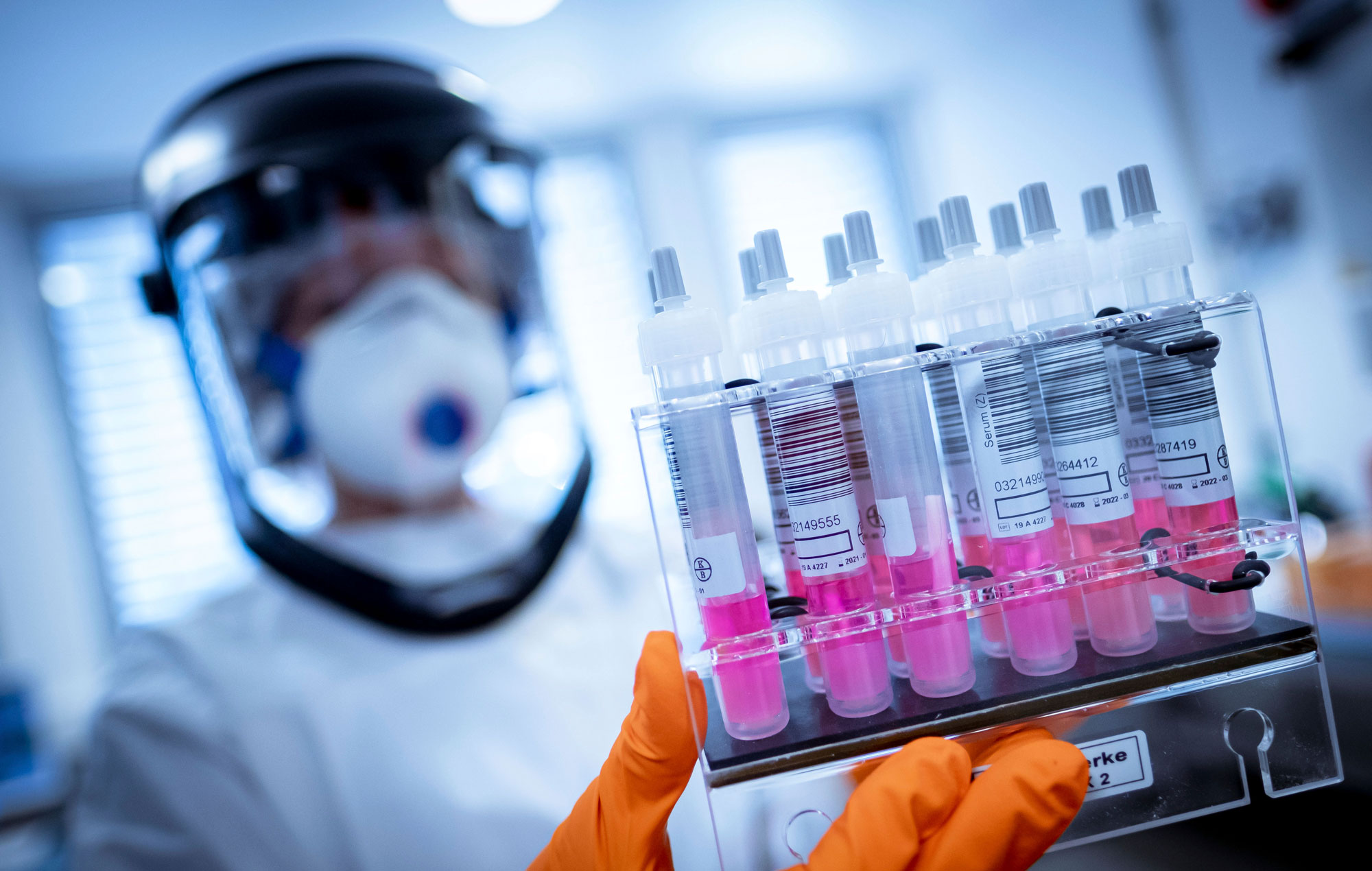People with coronavirus may be most infectious in the first week of symptoms

The news: People with coronavirus appear to be most infectious within their first week of experiencing symptoms, according to research published in Nature today.
The study: Researchers analyzed data from nine patients with “relatively mild” coronavirus symptoms in Munich, Germany, to see how infectious they were across a 14-day period. Specifically, they checked the viral load in samples from throat and lung swabs, sputum (coughed-up saliva and mucus), stool, blood, and urine.
What did they find? They found covid-19 was replicating in the throat, with concentrations of the virus peaking during the first five days after symptoms started—although it was still possible to detect it after symptoms stopped. They didn’t detect coronavirus in blood, stool, or urine samples. Notably, four of the nine patients also lost their sense of taste or smell, symptoms researchers at King’s College London recently found form a “strong predictor” that someone has been infected (although they have yet to be added to the World Health Organization’s covid-19 symptom list).
More on coronavirus
Our most essential coverage of covid-19 is free, including:
How does the coronavirus work?
What are the potential treatments?
What's the right way to do social distancing?
Other frequently asked questions about coronavirus
---
Newsletter: Coronavirus Tech Report
Zoom show: Radio Corona
See also:
Please click here to subscribe and support our non-profit journalism.
The researchers’ recommendations: It’s wise to avoid drawing too sweeping conclusions from such a small study. More research from a larger pool of patients is needed to confirm the results. However, the researchers say their findings suggest that measures to contain viral spread should focus on transmission from people’s mouths (droplets, in the scientific jargon), rather than objects, materials, or surfaces. That could lend more weight to the argument in favor of wearing a mask or other face covering while in public. The current official advice in the US is that it’s unnecessary, but officials are currently assessing whether it’s time to revise that stance.
Deep Dive
Biotechnology and health
How scientists traced a mysterious covid case back to six toilets
When wastewater surveillance turns into a hunt for a single infected individual, the ethics get tricky.
An AI-driven “factory of drugs” claims to have hit a big milestone
Insilico is part of a wave of companies betting on AI as the "next amazing revolution" in biology
The quest to legitimize longevity medicine
Longevity clinics offer a mix of services that largely cater to the wealthy. Now there’s a push to establish their work as a credible medical field.
There is a new most expensive drug in the world. Price tag: $4.25 million
But will the latest gene therapy suffer the curse of the costliest drug?
Stay connected
Get the latest updates from
MIT Technology Review
Discover special offers, top stories, upcoming events, and more.